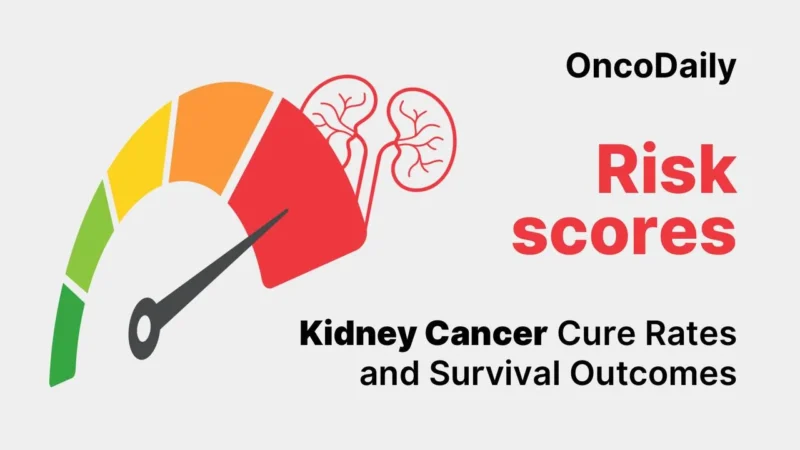Dana-Farber Cancer Institute shared on LinkedIn about a recent paper by Jiao Li et al. published in Nature:
“In 2019, Srinivas Viswanathan, encountered two young patients with a rare and aggressive form of kidney cancer known as translocation renal cell carcinoma (tRCC). Unlike the more common type, clear cell renal cell carcinoma (ccRCC), tRCC doesn’t respond to standard treatment. Viswanathan saw a clear unmet need and his team became motivated to understand this rare form of cancer.
Their efforts were recently published in Nature Metabolism. The research uncovered a key difference between the two forms of cancer and pointed to a potential new target for treatment of tRCC.
According to the study, tRCC grows by using a metabolic pathway called oxidative phosphorylation (OXPHOS), which powers cells through their mitochondria. In contrast, ccRCC avoids mitochondria altogether and uses a different process known as the ‘Warburg effect.’ This discovery helps explain why treatments for typical kidney cancer haven’t been successful with tRCC.
Viswanathan’s team also identified a potential new treatment target – a gene called EGLN1. In most cancers, blocking this gene isn’t helpful, but in tRCC, it could change the way cancer cells produce energy and slow their growth.
Drugs that target EGLN1 already exist to treat anemia and dialysis patients. ‘Now that we know that this enzyme can be drugged, we want to determine if it is possible to use this as a potential targeted therapeutic strategy for this specific type of cancer,’ says Viswanathan.
Translocation RCC is rare in adults, affecting only 1-3% of adult kidney cancer cases. But it makes up nearly half of kidney cancers in children. It’s caused by a fusion in the TFE3 gene, which can only be found through genetic testing. Many community cancer centers don’t routinely run these tests, so tRCC may be more common than current data shows.
Explore the full learnings here.”
Title: Oncogenic TFE3 fusions drive OXPHOS and confer metabolic vulnerabilities in translocation renal cell carcinoma
Authors: Jiao Li, Kaimeng Huang, Meha Thakur, Fiona McBride, Ananthan Sadagopan, Daniel S. Gallant, Prateek Khanna, Yasmin Nabil Laimon, Bingchen Li, Razan Mohanna, Maolin Ge, Cary N. Weiss, Mingkee Achom, Qingru Xu, Sayed Matar, Gwo-Shu Mary Lee, Kun Huang, Miao Gui, Chin-Lee Wu, Kristine M. Cornejo, Toni K. Choueiri, Birgitta A. Ryback, Sabina Signoretti, Liron Bar-Peled, Srinivas R. Viswanathan.
Read this article about Kidney Cancer:
“Kidney Cancer Cure Rate and Survival Outcome in 2025”



